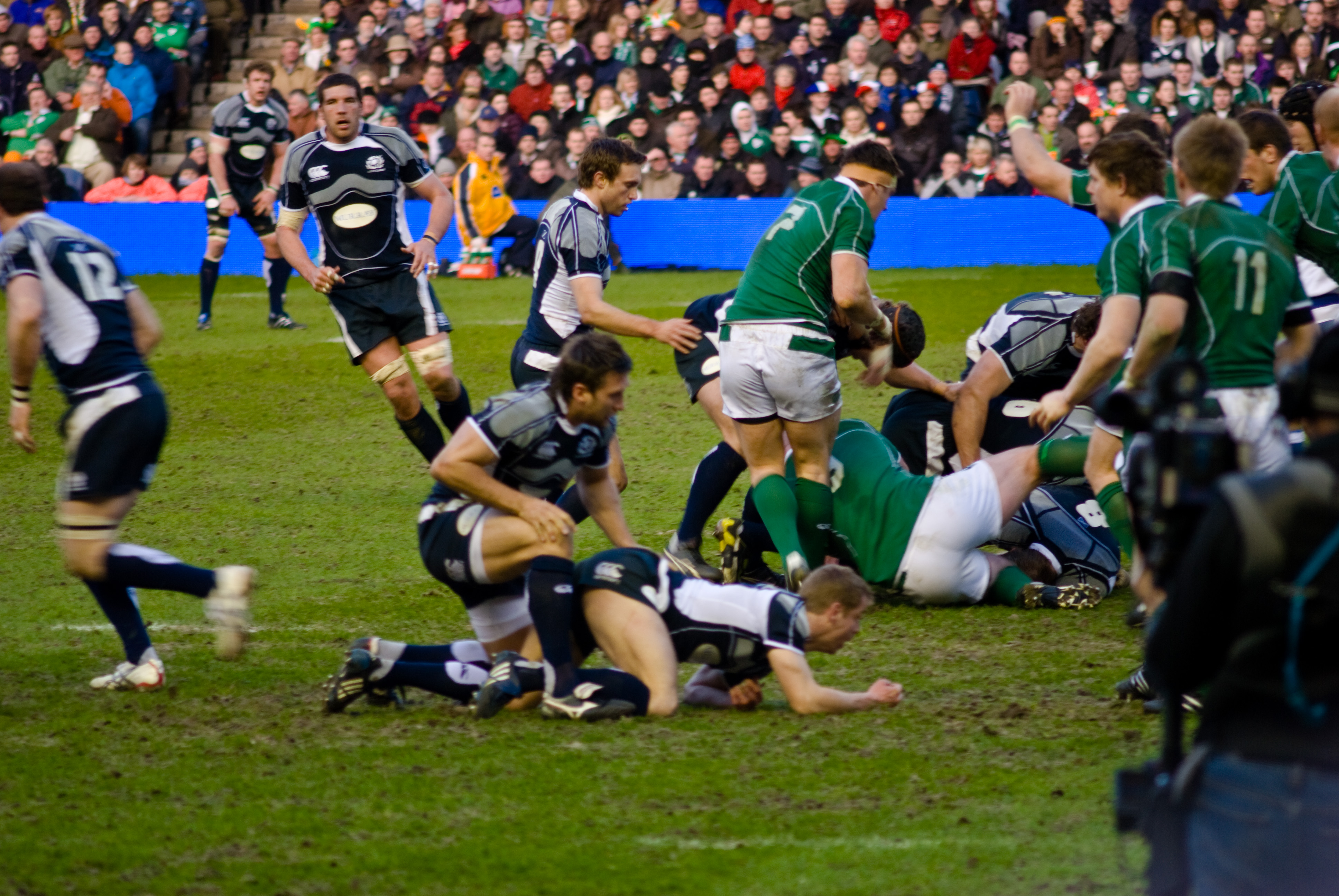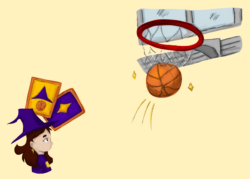I’ve grown up with rugby. My dad started playing in chiropractic school—yes, I’ve realized the irony. Then he played for our local club team even after he had surpassed the upper age limit of the Old Boys’ squad.
My childhood is peppered with memories of cheering him on from the sidelines, and as a teenager, I was always far more willing than my restless younger brother to sit down and catch a game on TV.
Since coming to college, I’ve sneakily stolen my dad’s All Blacks New Zealand rugby hat, which I wear every time it’s cold out or I’m having a bad hair day. People have even asked me if I’m from New Zealand, to which I reply “no, I just like rugby.” I entered college hoping to catch a few games, so when I discovered that one of my floormates was on the rugby team, I was more than happy to go and cheer him on.
One of the highlights of spending last semester in Dublin was witnessing a resounding Leinster victory live, surrounded by waving flags and echoing cheers. That is, until my friend and I got stuck in the rain, unable to hail a cab for the 30 minute ride back to our dorm, but that’s a story for another day.
I’ve always viewed my interest in rugby as inextricably connected to my dad. I’m no expert on the sport—I’m familiar with all the basic rules and can follow a game pretty well—but he knows the intricacies of every match and often spouts observations and analysis as we watch.
When I’d go home for breaks, my dad and I would always make an effort to catch a game together. I even saw a Snapchat memory today of a video from my freshman spring break: the two of us curled up on my living room couch watching a match on TV.
My dad calls rugby a “gentleman’s game,” to which I point out that it’s often more fun to watch women’s matches. He always replies, “hey, you know what I mean.” He’s trying to say that rugby is a polite game. That might sound funny because it’s popularly known as a brutal sport in which burly men tackle fearlessly and knock each other’s teeth out. But in reality, matches rarely break out in conflict—I’ve never seen any player disrespect a ref, and spectators follow an unofficial rule to go silent before each kick.
Players wear barely any padding, which may seem insane, but is actually probably healthier in the long run, as they’re more aware of when they’ve been injured and can immediately be treated. I like that rugby is a lot less stop-and-go than football as well, with less hovering from the coaches so the energy remains high throughout the entire game. Players seem to have more autonomy, and by extension it’s a much more exciting sport to watch.
But would I be interested in rugby if watching it had nothing to do with my dad? I’m not so sure.
This semester has been nothing short of a constant whirlwind. Our regular FaceTimes have now become more sporadic, crammed in between class, work, meetings, and dance practice. His random “miss ya bean!” texts—yes, my nickname is Bean—every few days are bittersweet reminders of the time that has passed since we’ve last spoken, so this spring break couldn’t possibly have come any sooner.
I knew that the Six Nations rugby tournament had been going on for a few weeks because of the occasional updates I received from my dad. The Six Nations Championship is held annually between England, France, Italy, Scotland, Wales, and Ireland, the defending champion. Each team plays the others once, alternating between home and away games.
This past weekend marked the fourth round of competition, with matchups between Scotland-Wales, England-Italy, and Ireland-France (see standings below).
Current standings have Wales in the lead with 16 points, followed closely by England with 15, Ireland (9), Scotland (6), France (6), and Italy (0) trailing. The final round is this weekend when matchups between England-Scotland and Wales-Ireland will determine the winner.
On Sunday, I went with my dad, mom, and brother to a local bar called the Recovery Room to watch the England-Italy game. A few of his old rugby buddies were there—guys who knew me since I was the one baby on the sidelines, as my dad was the first father on the team. The terrible bar food (think defrosted empanadas and scrawny chicken wings) was only complemented by the orange Christmas lights traversing the walls. The decor of the room was topped off by posters boasting hangover cures from around the world. The bartender put the game on the big screen TV, and we all gathered around.
Now that I’m 21, I could share a beer with my dad as we watched England score try after try. The final score stood at 57-14, an absolute blowout for England.
And suddenly it was as though no time had passed, as though I hadn’t spent the last semester across an ocean, as though I hadn’t forgotten to FaceTime when we planned, as though I always had time to return texts, as though the space between us just fell away.
He put his arm around me and popped a chicken wing in his mouth. And everything felt back to normal.
Sports have the power to connect people across any distance, to unite people in common excitement, frustration, disappointment, and amazement. But sports mean more than just the players, the games, the wins and losses. Sports mean family, sports mean time spent together, sports mean me and my dad, connected like we were when I was younger.






